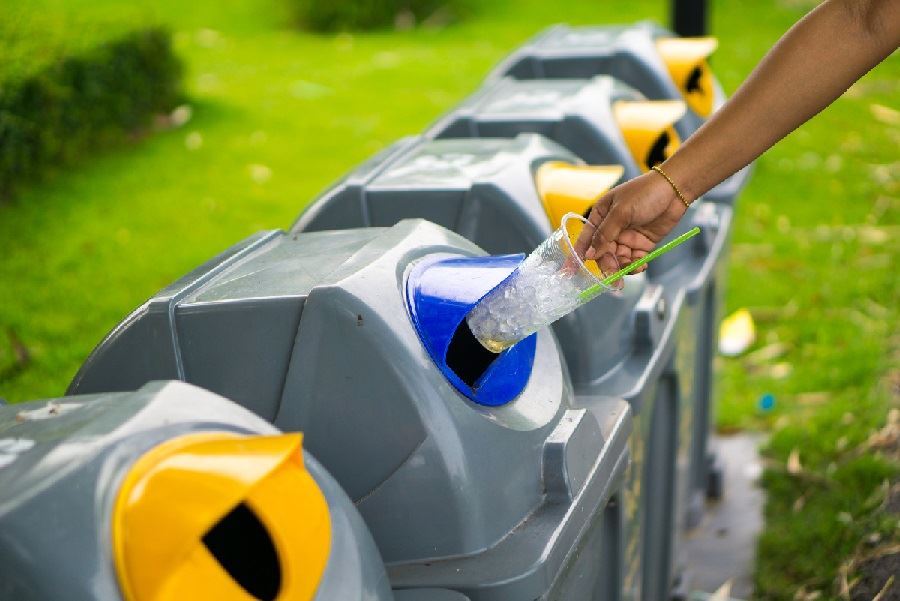If things continue as they are, there will be more plastic than fish in the ocean by 2050
In the hopes of achieving a cleaner, greener Britain, Theresa May has vowed to eliminate plastic waste by 2042. Working towards less land pollution and ocean poisoning, May insists that the UK must minimise the production of single-use plastics, and has encouraged shops to optimise plastic-free trade by reducing the amount of unnecessary packaging.
Environmental groups say that the crisis is accelerating, and though this 25-year plan is a step in the right direction, it simply isn’t urgent enough. Other government parties weighed in, saying that action is needed now.
The dangers of plastic waste
Plastic is both fantastic and catastrophic because of its durability. When in use, plastic is a convenient, multi-purpose material. But when wasted, it poses a threat to the natural world.
It’s estimated that less than a third of the UK’s plastic waste is recycled; a small amount is incinerated and the rest goes to landfills or ends up polluting the environment. Natural habitats are in danger, especially marine life, because of a failure to manage plastic waste properly.
Some plastics take hundreds of years to biodegrade and end up floating in the oceans and being consumed by wildlife. This devastates ecosystems by killing animals through ingestion and entanglement, and also creating inhabitable “dead zones”.
Coastline litter has been increasing in the UK, at least 20% of which is rubbish from food and drink. It’s also reported that plastic was found inside a third of all UK-caught fish, ending up in the human food chain.
Why haven’t we been recycling enough?
Research indicates that the UK’s low plastic recycling rate is caused by various reasons, including:
- Lack of knowledge
People are uncertain about what can and can’t be recycled, and how to go about recycling properly.
- Not enough provisions
More waste services need to make recycling plastic an accessible goal.
- Unaware of consequences
The sad truth is that it’s very easy for people to bury their heads in the sand. Failure to deal with plastic waste will continue to destroy our planet, draining resources and damaging wildlife, and everyone should be made aware of the repercussions.
These excuses cannot continue. Local authorities and waste providers across the UK are doing all they can to prioritise zero landfill policies. Much is being done to raise awareness on how to recycle and on the damages caused by poor waste management.
Ultimately, it comes down to the actions of each individual. Business owners are key decision makers when it comes to commercial waste and plastic usage, so they have the potential to make a big difference.
So, what do you need to do?
Don’t be part of the throwaway culture. Making greener choices can reduce the amount of plastic you waste and have a positive knock-on effect for your business, your customers and your country.
Start with these 8 simple tips on plastic use:
- Switch to alternative materials, like paper straws or cardboard packaging
- Minimise original use of plastic and always REUSE what you can
- Invest in recycling bins and make them accessible to all employees and customers
- Offer a free “fill up” tap water service for people wanting to reuse water bottles
- Keep items loose without unnecessary packaging
- Get a trusted recycling service that can deal with all your waste in an eco-friendly way
- Favour “plastic-free” suppliers
- Make employees and customers aware of green initiatives
This applies to all industries, especially restaurants, bars and shops. Be one of many businesses striving to reduce the UK’s plastic waste plague. Who knows, maybe we’ll reach May’s goals before 2042 and make the UK a leader in sustainable living.
Speak to Direct365 for reliable and environmentally friendly recycling services, check out what we have to offer here.
Back

